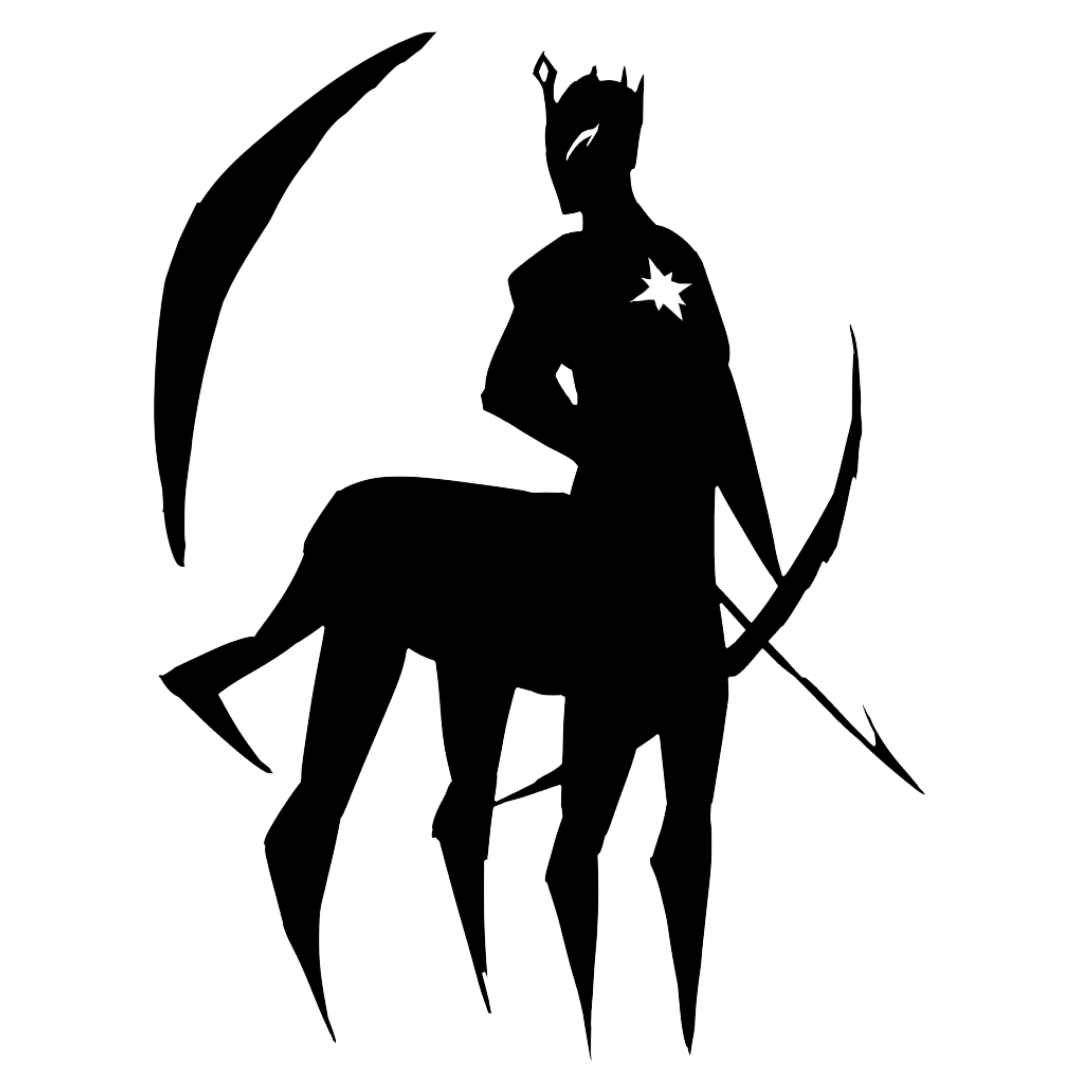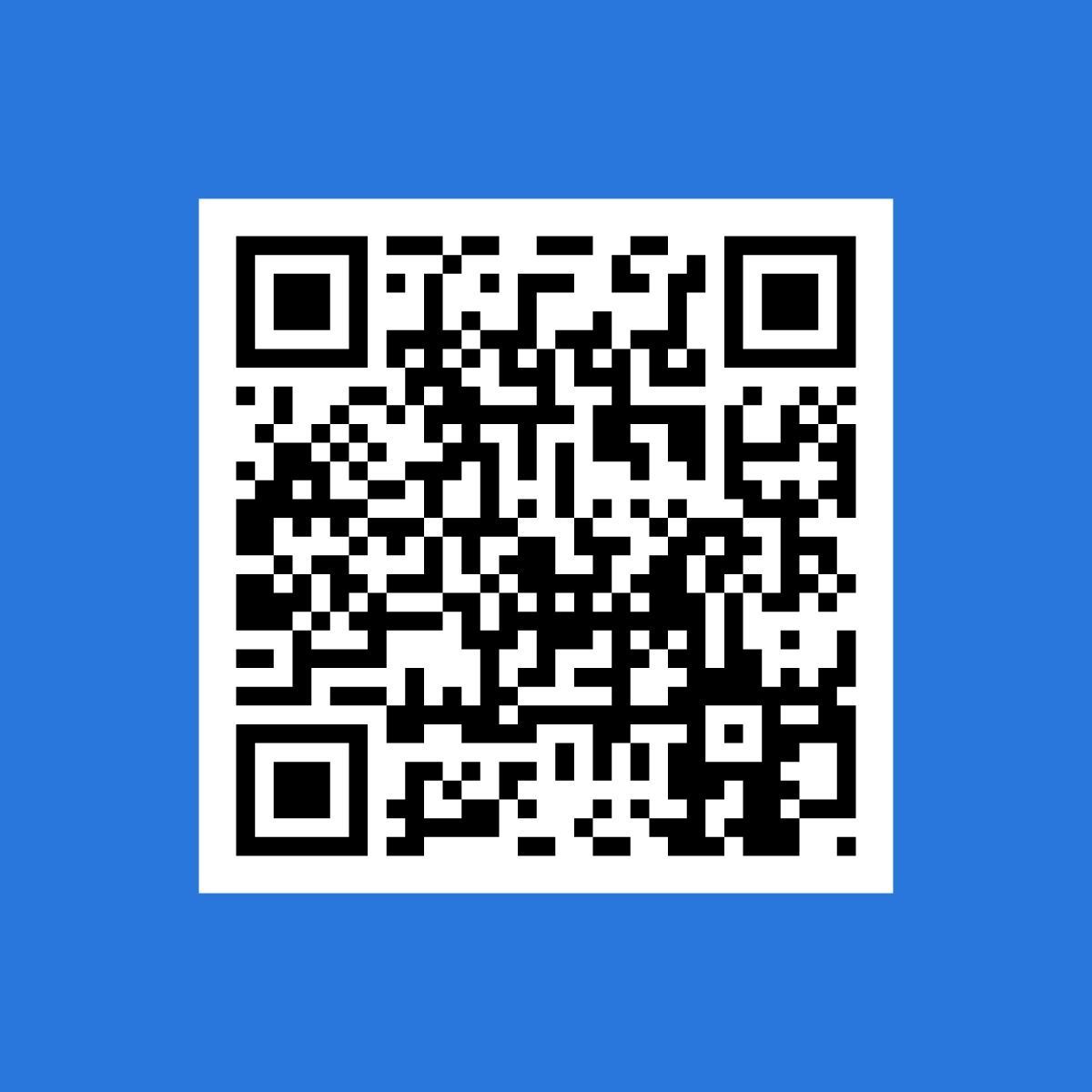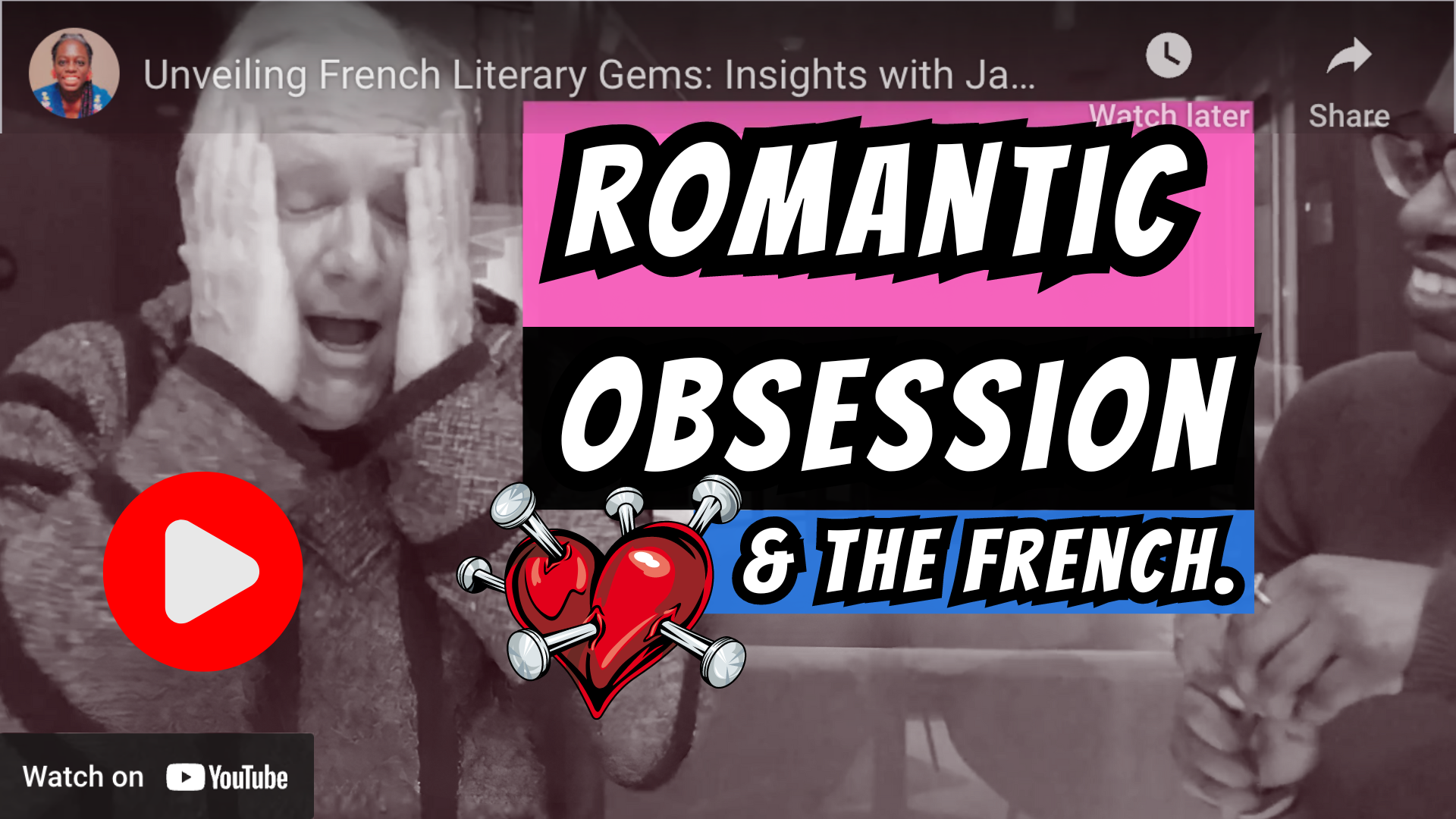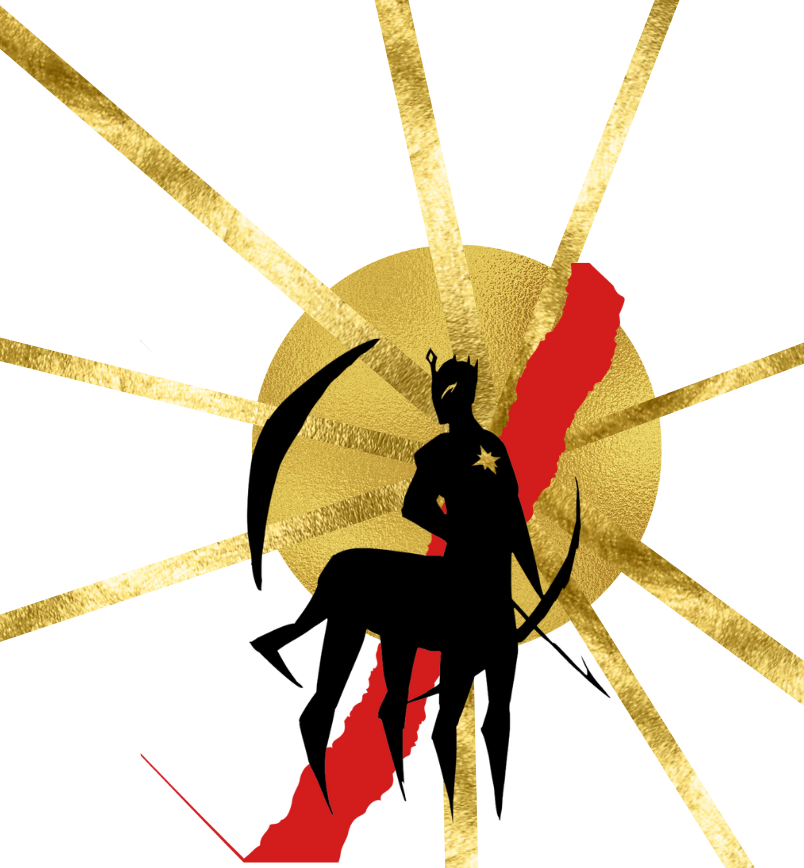Updated April 16, 2024
FEATURED WRITER
Jacob's Battle and The Tao: Illuminating Discussions With
James B. Nicola
In the heart of bustling New York City, meander with us through the corridors of James B. Nicola's electric mind, as we discuss creative ways to craft poetry, the dangers of speaking truth to power, and the timeless wisdom of Aristotle and Plato.
This conversation is not confined to lofty philosophical spaces alone. A girl writes a poem about a boy and rants about him. Another one drinks a few Martinis in a red dress, and humans wrestle with angels.
We savor the echoes of Eastern traditions, discuss the future of contemporary art and poetry, the performing arts canon guiding human creativity with divine wisdom, and the apparent illusion of the East, West, and Africa’s divide.
In this exquisite talk, the poet and playwright endeavors to divine the intricacies of human existence with curiosity, wisdom, and a touch of humor.
So, dear listeners, welcome to an intellectual feast where ancient wisdom meets contemporary insight, and the boundaries of art and philosophy blur into a harmonious symphony of thought.
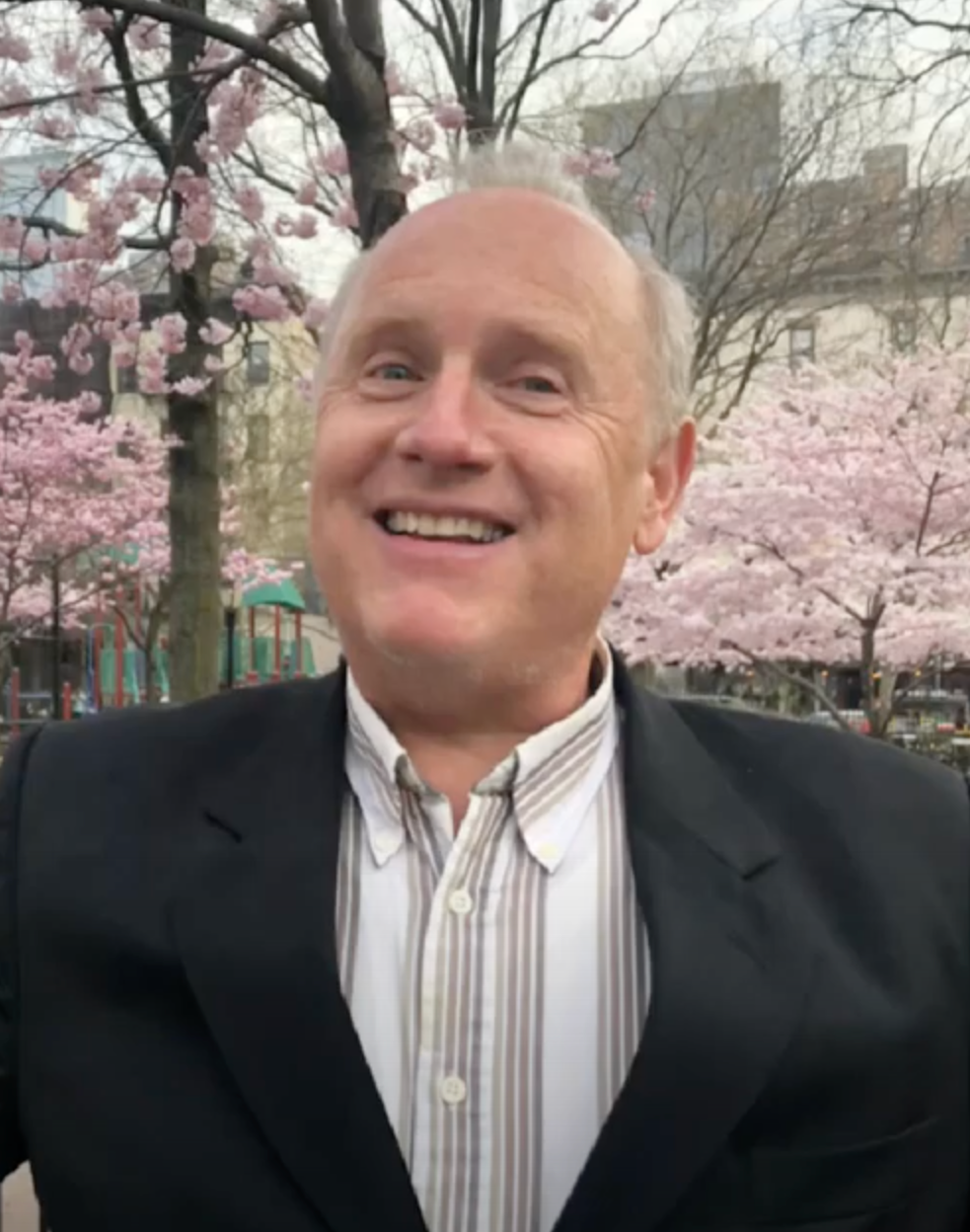
SENSE

To make sense out of Chaos, once, to gird
a Cosmos menaced by another anomie
of deconstruction: thus was born the word,
the brushstroke, dance step, march, and note. The enemy
of sense, though, is a sly Fox, and he lurks
of late even in souls of artists. Look
at all the arrant structures—not what works
in new ways that you might have to let cook
awhile inside your brain, read ten times, go
back to the wall for more than a quick peek,
attend the script to apprehend the show
that entertained but mystified last week,
or listen with a truly open ear.
So Cummings’ syncopations, twelve tone rows,
and Pollock’s energies paved ways for more,
which every art aficionado knows,
or can. What I’m referring to, O, slays
the imagination: novelty construed
as innovation, when the New betrays
the Good. Cosmos is shaken when the rude
are rectified as groping is made Right;
objects, subjectified, their pronouns wrong.
The Silence of the Best begins the Night.
But Silent Night is just a Christmas song
unless the Second Coming is at hand
with every vote that’s cast for worse-than-Naught.
The End of Everything may well be planned
in grammar schools where grammar isn’t taught....
Join arms with me: The phalanx of the best
must practice! Let Us start with You and Me,
not I. And when the scoundrel mauls—protest!
Then vote the other way, loud and free.
James B. Nicola
Does this imply that poets have a responsibility to challenge authority and speak truth to power? It certainly sets a different tone than writing about mundane subjects like flowers, the romantic partner that broke your heart or other personal grievances.
Poetic Echoes: Paying Tribute to A Peer
Murielle Mobengo: James, it's an absolute pleasure to be here with you in the heart of New York City. Your presence truly enriches this moment, and I'm so excited to engage in our conversation.
Our 2023 Apotheosis showcased the talented
Poet Sourav Sengupta, whose captivating piece is a versification in ballad meter into the story of King Ashoka's and the battle of Kalinga, a seminal moment in the Indian subcontinent that lead to the spread of Buddhism beyond its boundaries. Sourav artfully expanded on the importance of structure, and highlighted its surprising connection to freedom across poetry and various artistic expressions.
Do you have any insights or thoughts you'd like to share with Sourav? Or perhaps there's a direct question you'd like to pose to him?
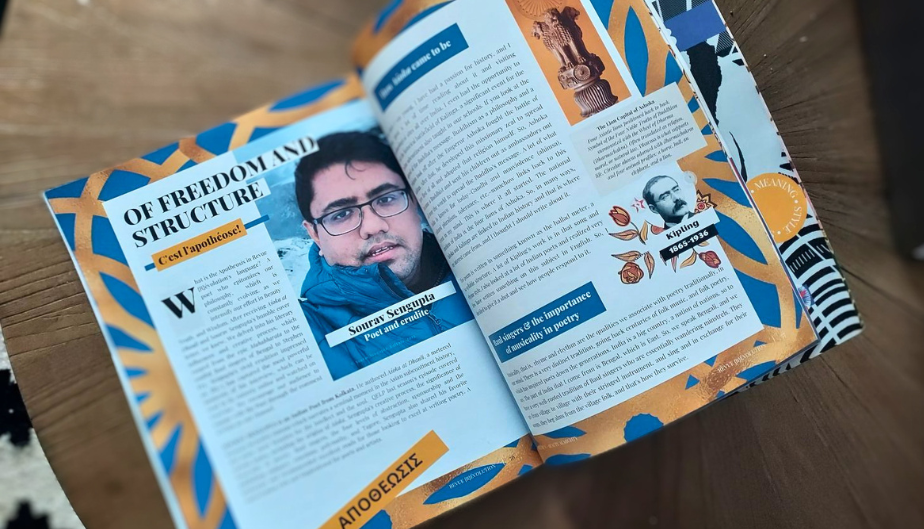
Kolkata Poet Sourav Sengupta,
{R} 5's Apotheosis.
James B. Nicola: I've observed that many of my acquaintances, not necessarily versed in the craft of poetry but attempting to compose a sonnet, often remark, "What a journey it is! Every one of those 140 or so syllables must count." Indeed. This process requires a shift in perspective, a prioritization of concision, diction, and precision. Whether this experience is liberating is a matter of debate. However, I did touch upon this notion early in my book, Playing the Audience, likening it to the satisfaction of solving a crossword puzzle. Faced with a word puzzle devoid of clues, the gradual revelation of letters leads to the answer – a moment of pure enjoyment.
However, true freedom isn't about doing whatever one wants without structure or constraint. Rather, it lies in the capacity to pursue avenues that prove fruitful for the poem. The restrictions of form are a guiding force. Consider the insight of Stephen Sondheim, the esteemed composer and lyricist, who suggests that while one may struggle to craft a song about a generic lady at a bar, the magic unfolds when the tale becomes vividly specific – picture a lady perched at the farthest end of the bar, draped in a sizzling crimson dress, with the telltale signs of six martinis dancing in her gaze! This emphasis on specificity and precision opens doors for exploration while maintaining a sense of purpose. In essence, I agree with Sourav Sengupta: true creativity thrives within the boundaries set by form and structure.
How do you navigate between the necessity of structure and the desire for freedom when crafting a poem?
James B. Nicola: Well, for me, the essence of freedom lies primarily in attitude. Consider the term "vers libre" coined by the French poets Rimbaud and Verlaine. The word "libre" in this context differs from the American notion of free verse. Personally, I refrain from using the term "free verse" as it often implies a lack of freedom – a restriction on the use of rhyme, meter, repetition, or established forms. If you're not granted the liberty to employ these elements, it cannot rightfully be labeled as free verse.
What many intend by "free verse" is a form that lacks meter, repetition, or structure. However, even esteemed prose writers utilize rhetorical devices such as anaphora, epistrophe, repetition, and parallel structure to infuse their work with rhythm. Take Ginsberg's renowned poem "Howl" from the 1950s, for instance, which uses anaphora, initiating various sections with the same phrase. This technique, also found in the King James version of the Bible, imbues the language with a solemnity akin to anthems, scriptures, or official proclamations, evoking a potent force.
I am reminded of Hemingway's exquisite repetitions in his prose, which elevate the narrative and creates a haunting cadence. Personally, I'm deeply drawn to poetic prose and poetry that eschews traditional devices like simile, metaphor, or symbolism, opting instead for a straightforward narrative structure. This approach is evident in my work
Fires of Heaven, where blatant discourse is orchestrated in a manner that elevates the narrative. There are diverse pathways to achieving poetic prose or poetry, not all of which align with the teachings of conventional creative writing instructors.
The Essence of Poetry: Ancient Wisdom from Aristotle & Plato
It's truly fascinating that you bring this up because as poets and artists, we've overlooked that Aristotle is the father of poetry in the West. He established a canon defining the essence of poetry, tragedy, and art, with emotion playing a central role in these disciplines as they are interconnected. Aristotle emphasized the pursuit of mastering emotion through reason in creative pursuits in his seminal work, Poetics.
James B. Nicola: Yes. Poetics is a short book. I took it in a political philosophy class. What puzzles me is that Plato advocated for the exclusion of poets in his opus magnum, Republic. He was fundamentally against poets.
Plato's criticism was directed towards a specific breed of poets – those who indulged in imitation and degraded the nobility of the soul by glorifying base instincts rather than divine virtues (epithymia). I guess there was a plague of those at the time in ancient Greece. How pertinent Plato's insights remain today! He envisioned that wealthy societies with power imbalances would yield such kind of poets, and artists. Rings a bell.
James B. Nicola: So, does this imply that poets have a responsibility to challenge authority and speak truth to power? It certainly sets a different tone than writing about mundane subjects like flowers, the romantic partner who broke your heart or other personal grievances. This notion harks back to the classical era, where poetry, drama, and dance were intertwined with religious ritual. The Muses, such as Terpsichore and Erato, personified different aspects of creativity, contributing to the unified expression of art during festivals that spanned from sunrise to sunset. Aristotle and Plato were just trying to canonize poetry after what these great classical poets did, Aeschylus, Sophocles, Euripides.
Transcending East-West Dichotomy: Overcoming Duality in Contemporary Poetry
The division between artistic disciplines seems relatively recent, doesn't it? Especially when we consider the Eastern perspective, where canons orchestrate artistic and poetic practices. Take, for instance, the Natya Shastra, a remarkable text that opens with a captivating mythological tale depicting bored gods seeking entertainment…from humans! This divine guidebook teaches humans the art of performing in various disciplines like poetry, theater, singing, and dance. It also offers sublime guidance on the role of style and emotion in creativity, making it essential for every artist to study.
In modern Western art since the industrial era, the lack of tradition, and therefore significance, is pregnant. This disinterest for classicism appears more pronounced in the West compared to the East, where the “modernist” mentality is also gaining momentum. How disheartening, also, to witness contemporary African art dragged into this situation, where art serves purposes other than beautification and soul elevation.
I believe that contemporary art and poetry suffer under dominant dualistic views, where the richness of inner life is overlooked in favor of superficial appearances. In our current mindset, it's unlikely that we'll see the emergence of artists akin to Da Vinci, Titian, Delacroix, or Waterhouse. As a poet, artist, mystic, and non-dualist, I've found that non-duality promotes beauty, meaningful expressions, deeper connections, novelty, and existential elevation, whereas extreme duality fosters the opposite.
James B. Nicola : I am with you. I participated in a course led by Michael True, a guest teacher and founder of the Worcester County Poetry Society. It was during this course, which I attended at Clark University in 1978, that True lent me Harvey Cox's book, Turning East. Harvey Cox, a professor at Harvard’s Divinity School, deeply impacted me with his work. Our discussions with Michael True may have centered around the Tao Te Ching, a text I first encountered in high school. His guidance during that summer also left a lasting impression on me.
Cox discusses the cultural landscape of the late 1970s, the aftermath of the Vietnam War and Watergate. He observed a surge in the establishment of transcendental meditation centers in Harvard Square, prompting him to question why so many young people were turning towards Eastern traditions.
Spanning just under 300 pages, Cox's exploration leads him to suggest that disillusionment with Western traditions, both religious and cultural, was driving this shift. Many individuals felt a sense of emptiness and sought solace in Eastern practices, where they could immerse themselves in the teachings. Reflecting on Cox's insights from forty-four years ago, I find them incredibly thought-provoking.
While the West offers rich spiritual canons and traditions, like the Old and New Testaments, for example, the emphasis often lies more on adherence than understanding. I transitioned away from Catholicism at a young age because ritualistic practices were prioritized over deeper comprehension.
Eastern traditions, however, emphasize personal relationships with the Deity (or the Spirit), and the pursuit of wisdom and moral action. This contrasts with the Western notion of "the good life," as discussed by certain ancient Roman philosophers. The enigmatic nature of texts like the Tao Te Ching encourages reflection and offer a lifelong journey of contemplation and inspiration.
Now, here's something that really puzzled me for years: that part of the Old Testament where Jacob is locked in combat with an angel. I mean, I'd hear these stories in sermons and such, and then I finally cracked open the King James version of the Old Testament and thought, "What on earth is going on here? What is Jacob doing battling an angel?"
I found a new relevance in this narrative after the events of January 6th amid the pandemic. Faced with the challenge of loving those who sought to harm my country, I realized the profound humor in striving to love such adversaries as myself! This internal struggle, akin to Jacob's battle with the angel, embodies the ongoing spiritual conflict within oneself, as Abraham Lincoln eloquently articulated in his second inaugural speech, urging us to summon our better angels.
Reflecting on this, I recognize the universal nature of ethical principles that transcend religious boundaries and are encapsulated within ancient texts, which also includes the Quran. My early exposure to the Tao Te Ching inspired me to write a piece about these insights titled 'My First Guru.”
Since my high school days, I've approached Western literature not as a source of definitive answers but as a catalyst for asking meaningful questions. Revisiting works by renowned authors like Dickens, George Eliot, Austen, Twain, and Steinbeck offers fresh perspectives with each encounter.
For me, scriptures invite contemplation rather than unequivocal truths. They are a conduit for the exploration of the Divine mysteries and the complexities of human existence. This quest extends beyond artistic endeavors; even disciplines like mathematics offer glimpses into the divine order of the universe, as exemplified by ancient Egyptian geometry.
The Process of Sleep
James B. Nicola
I went to bed with a problem last night
which had been waggling at my brain all day.
I could only come up with two half-right
solutions; neither one went all the way.
But I was worn and weary, so I slept,
during which time one part of me kept working,
or must have, though I did not dream, except
of waking this morning to coffee perking–
And it is perking. That’s one dream come true.
And now this third solution’s come to me.
I test it–and it works the whole way through.
Last night I could not, but today I see.
What Mystery that lends the dark a light,
and mornings, sometimes, such a burst of sight.
from
Turns & Twists (Cyberwit.net, India, 2022), originally published in
Seek It: Writers and Artists Do Sleep (Red Claw Press, 2012)
En français, s'il vous plait: The Polyglot & Francophile Poet
🎯 James's Writing Workshop & Contact
The Hell's Kitchen Writing Circle
If you are a New Yorker reading this, James B. Nicola, a former Yale graduate, currently hosts a Writing Circle at Hell Kitchen's NYPL. Walk-ins welcome.
CONTACT
📚 👁️ Essays & Books by James B. Nicola
The Poet
- Academic, the story of "Our Guy," a humorous and thought-provoking take on the struggles encountered by Our Guy, the natural intellectual. Revue {R}évolution ({R}5 - 2023)
- Fires of Heaven, poems of faith and sense, Shanti Arts Publishing, (Brunswick, Maine) 2020
- Turns and Twists, Allahabad, UP, India
- Quickening, Poems of Before and Beyond (Cyberwit)
- My First Guru, Inlandia Journal of Poetry
- Natural Tendencies, Červená Barva Press, 2023
- + Barnes & Noble's books selection
The Playwright
- Playing the Audience, The Practical Actor's Guide to Live Performance, Applause (New York), 2002
Borrow from Internet Archive
☀️ Books & other relevant resources mentioned in this discussion
Mythology & Philosophy
- The Natya Shastra (circa 500 BCE - 500 CE) by Bharat Muni. Translation: Manomohan Ghosh M.A., Ph.D., (1951) Asiatic Society of Bengal, Calcutta. Download from Internet Archive
- Poetics by Aristotle, (circa 384-322 BCE) a translation by S.H. Butcher (Read for free on The Gutenberg Project)
- The Republic by Plato, (circa 375 BC) a translation by Benjamin Jowett (Read for free on The Gutenberg Project) - On Poetry & the City: Read end of Book II, Book III & VIII
- Sourav Sengupta: Apotheosis' Talk: Of Freedom and Structure (2023) Revue {R}évolution, Beauty Almighty
- Turning East: Why Americans Look to the Orient for Spirituality-And What That Search Can Mean to the West by Harvey Cox, Simon and Shuster, 1977
- The Essence of Non-duality, A Gateway to Spiritual Harmony and Artistic Elevation for Poets, Artists, and Philosophers, by Murielle Mobengo, (Revue {R}évolution), 2024
Subscribe to Revue {R}évolution!
Revue {R}évolution is a scholarly review proudly based and founded in New York, with a Paris branch. Our goal is to reunite cultures of the East, West, and Africa, catering to those of us who seek Harmony.
We revive intellectual excellence in poetry and art.
Our subscriptions begin at $4 per month, and our printed editions are works of art.
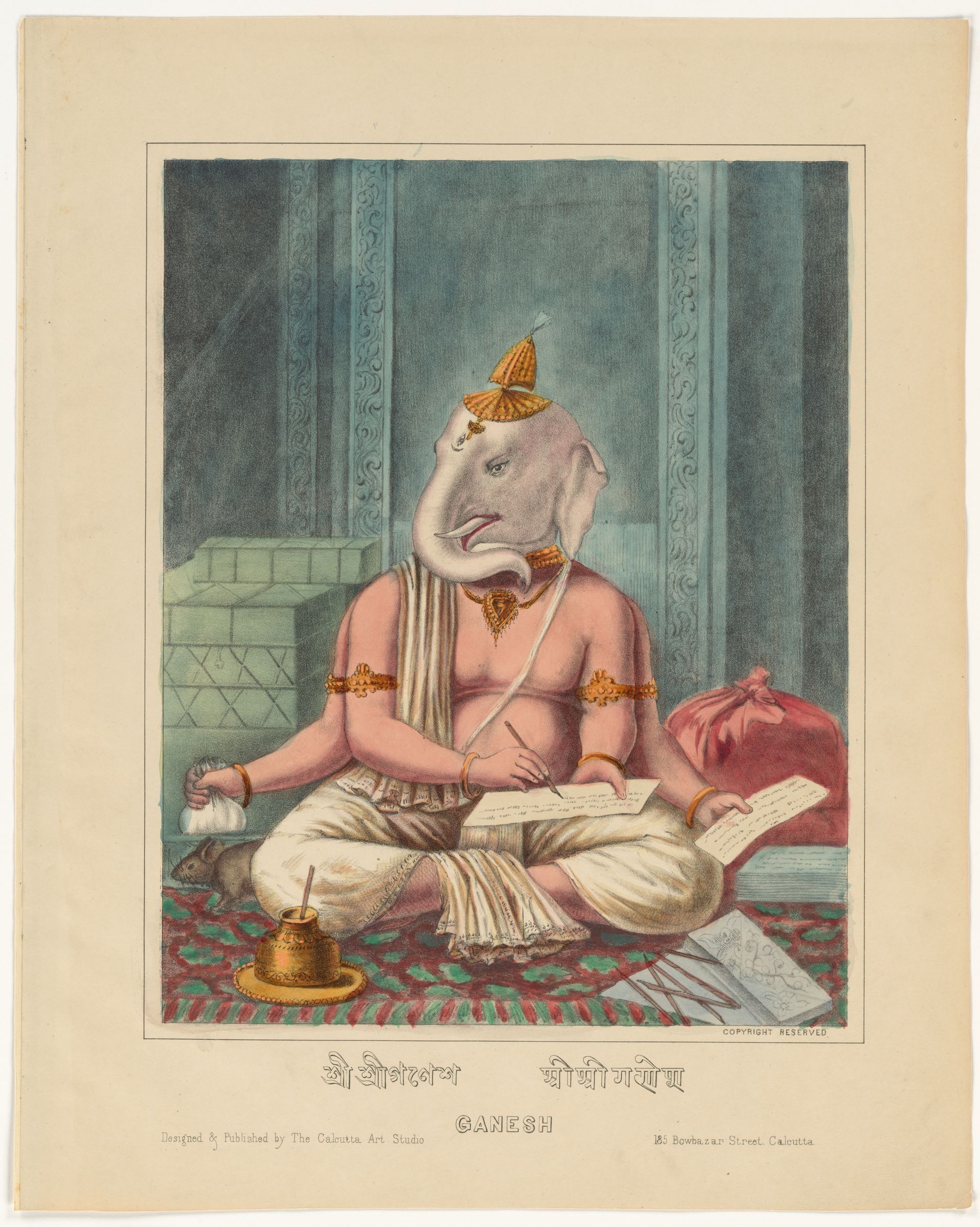
Slide title
Write your caption hereButton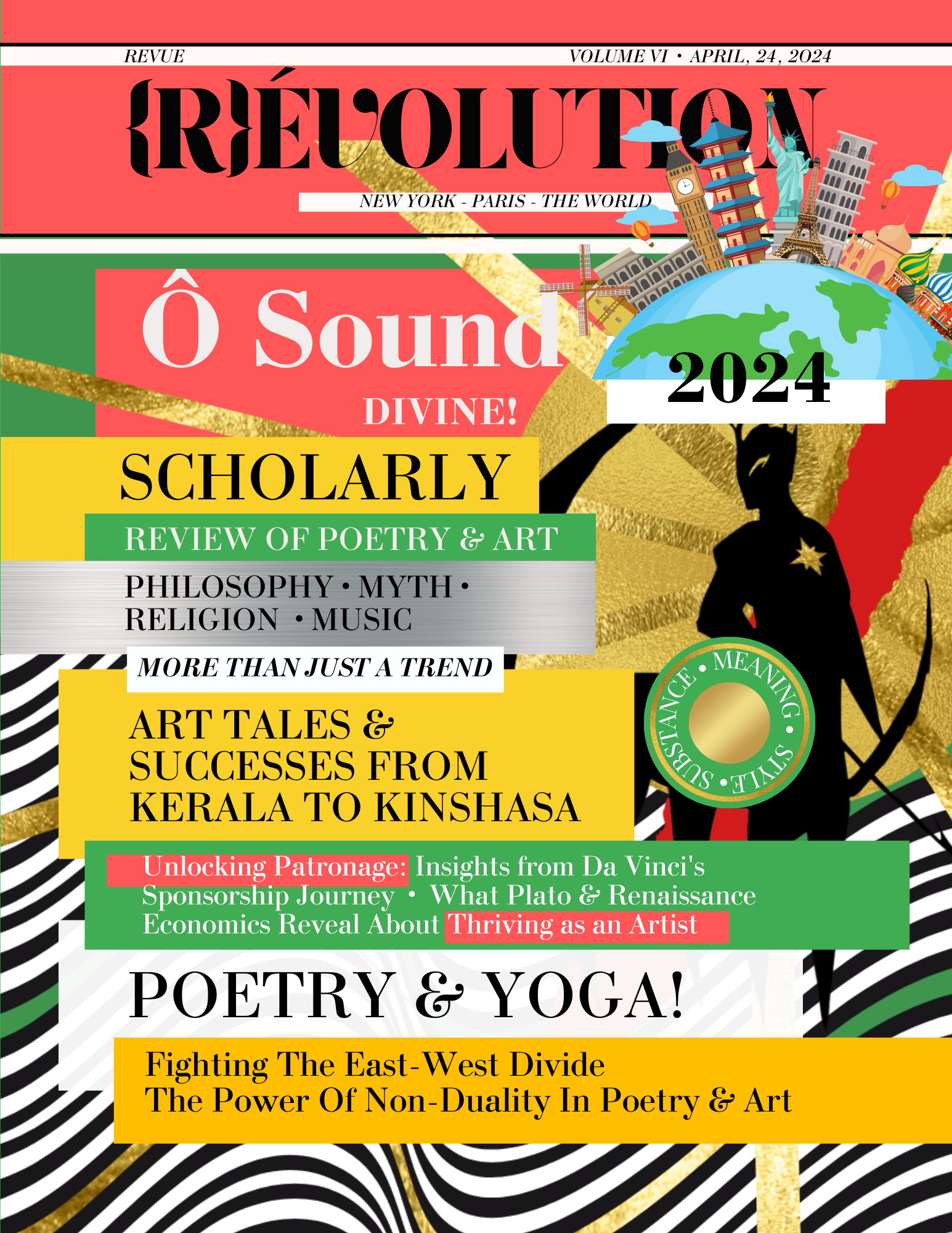
Slide title
Write your caption hereButton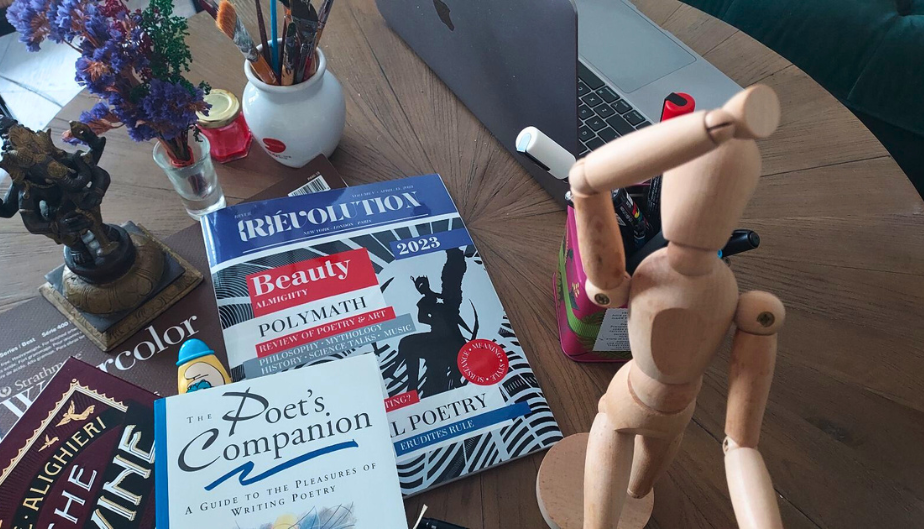
Slide title
Write your caption hereButton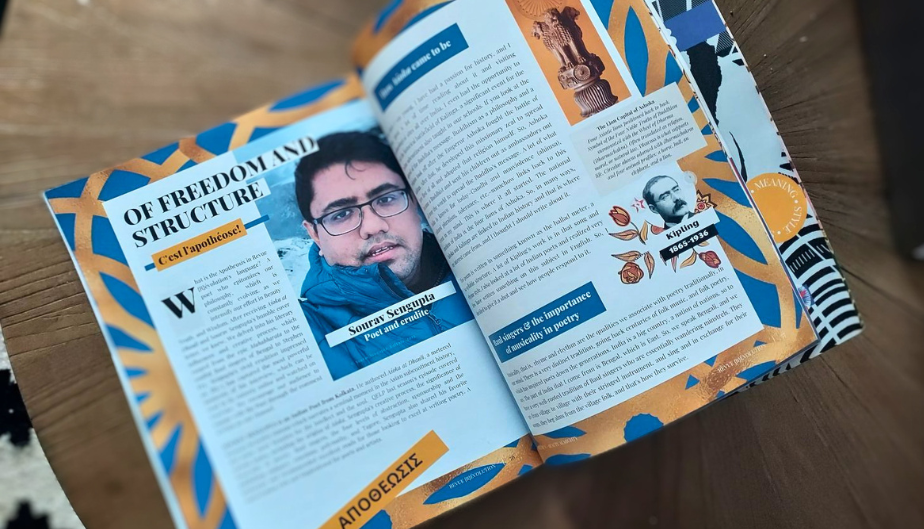
Slide title
Write your caption hereButton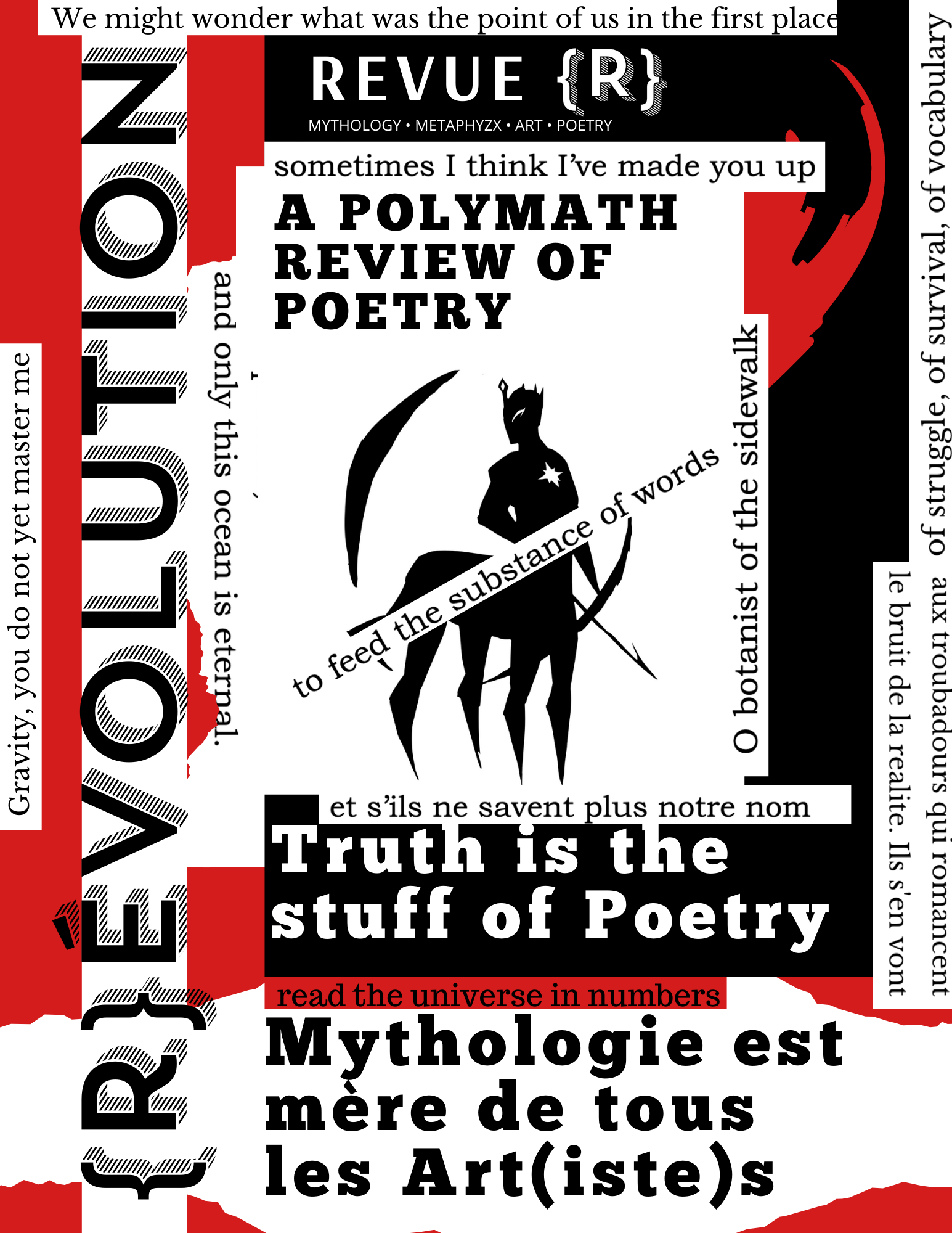
Slide title
Write your caption hereButton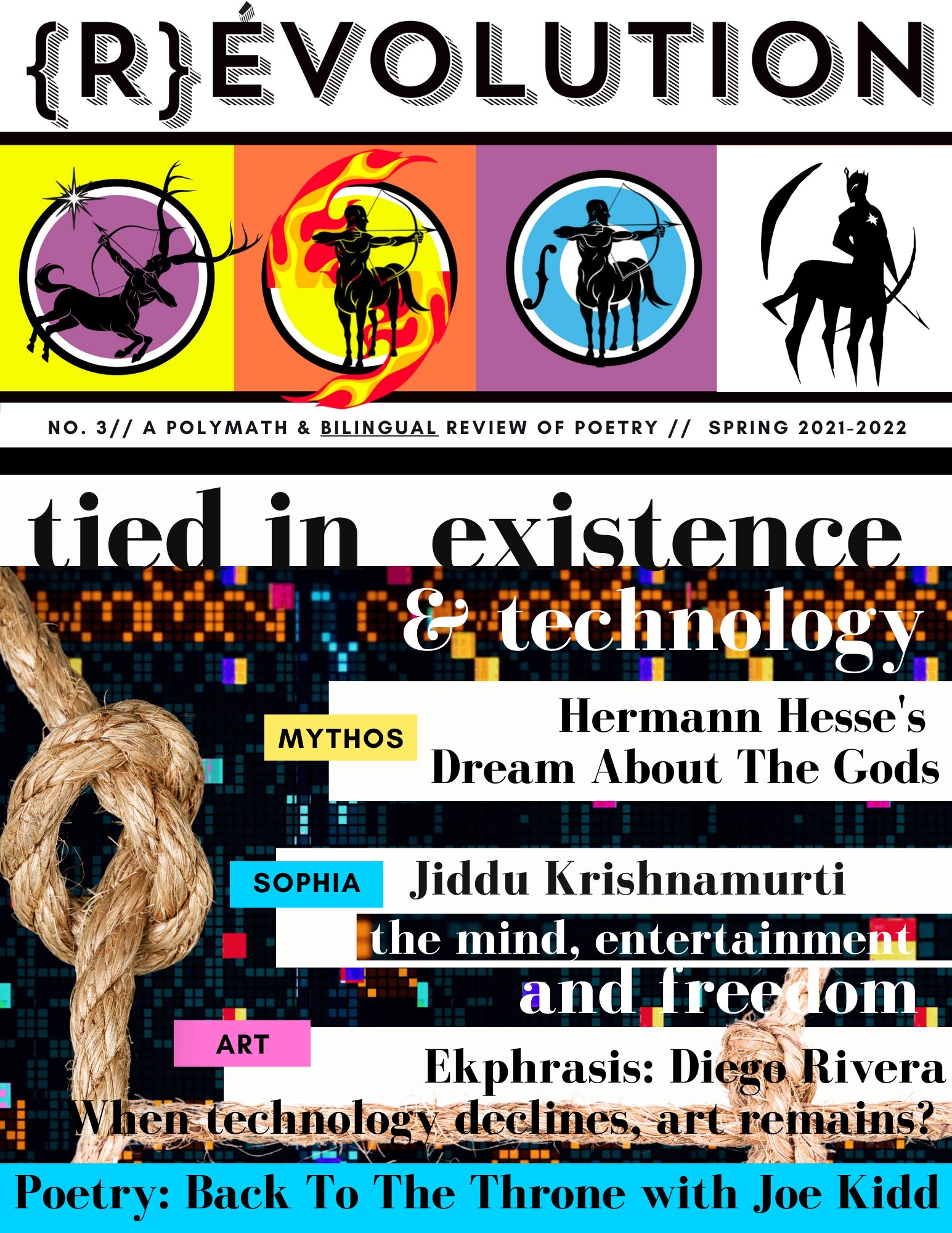
Slide title
Write your caption hereButton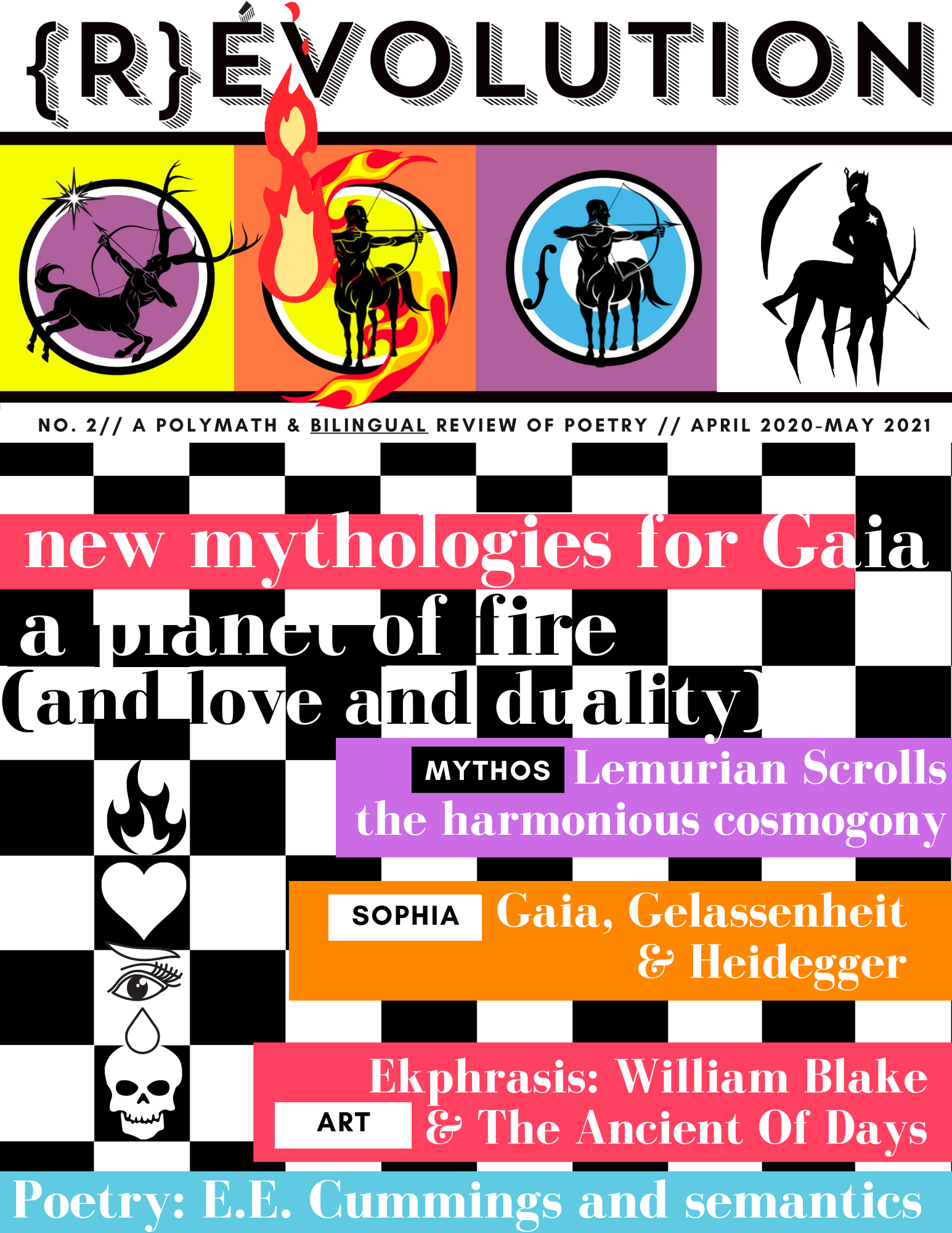
Slide title
Write your caption hereButton
Slide title
Write your caption hereButton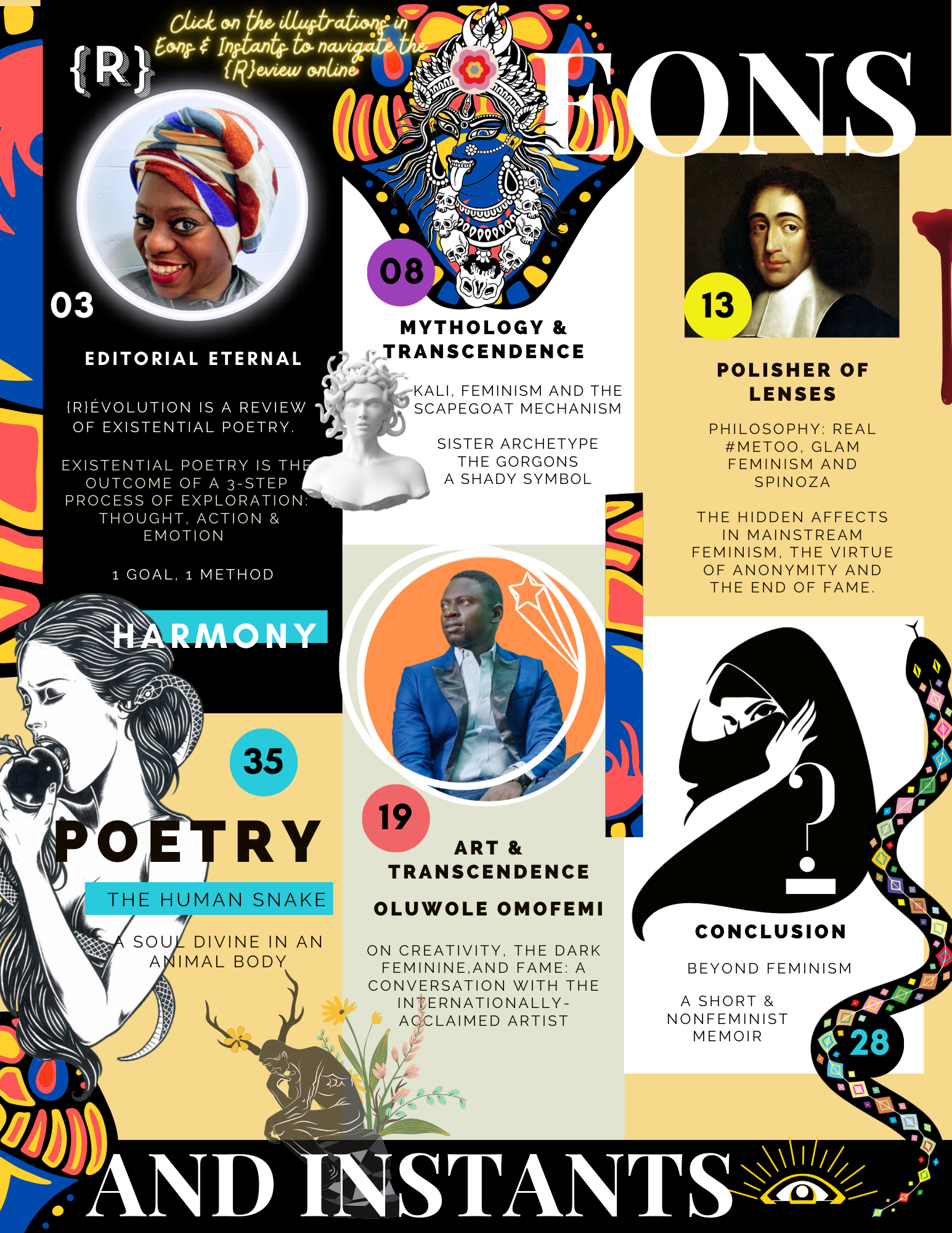
Slide title
Write your caption hereButton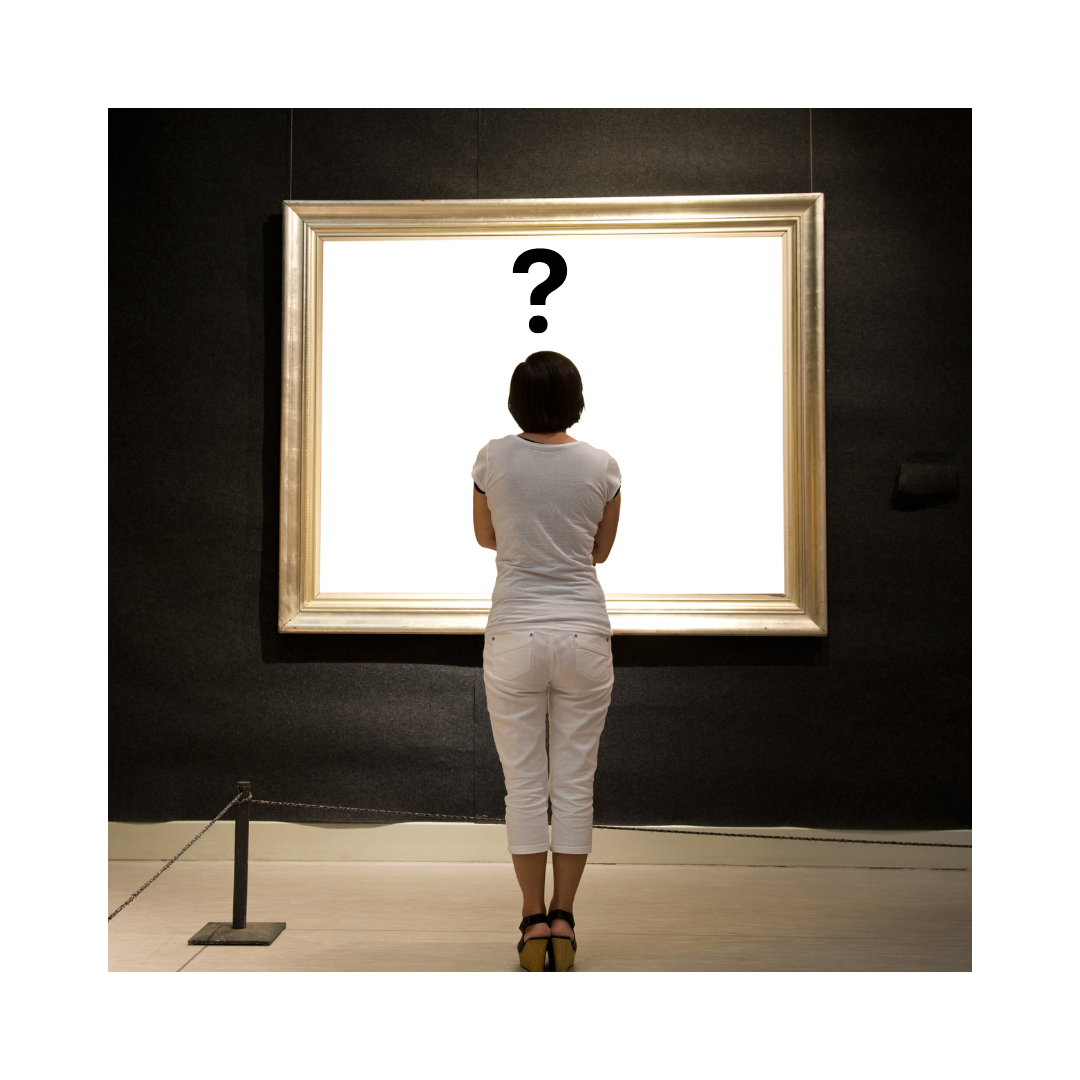
Slide title
Write your caption hereButton
Slide title
Write your caption hereButton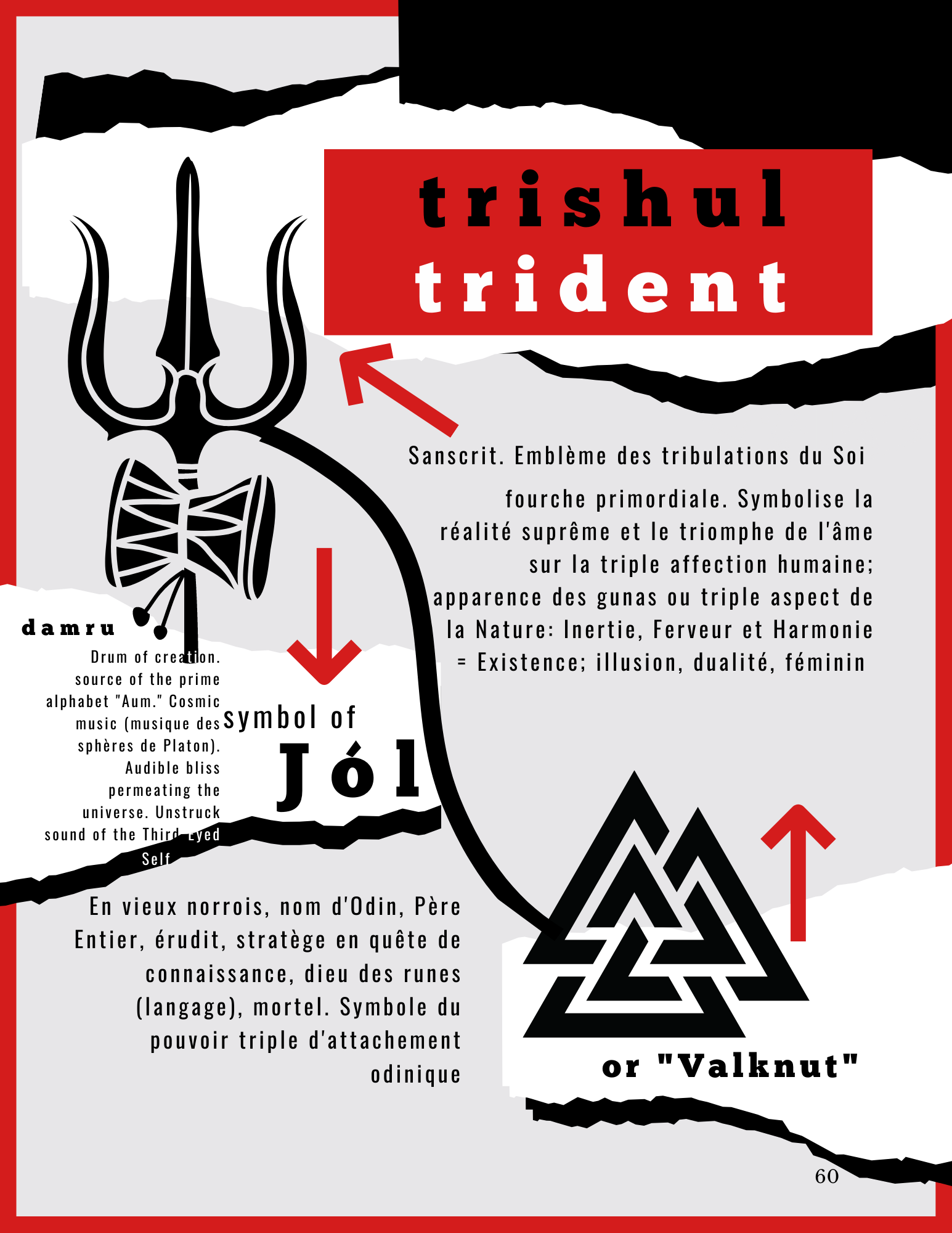
Slide title
Write your caption hereButton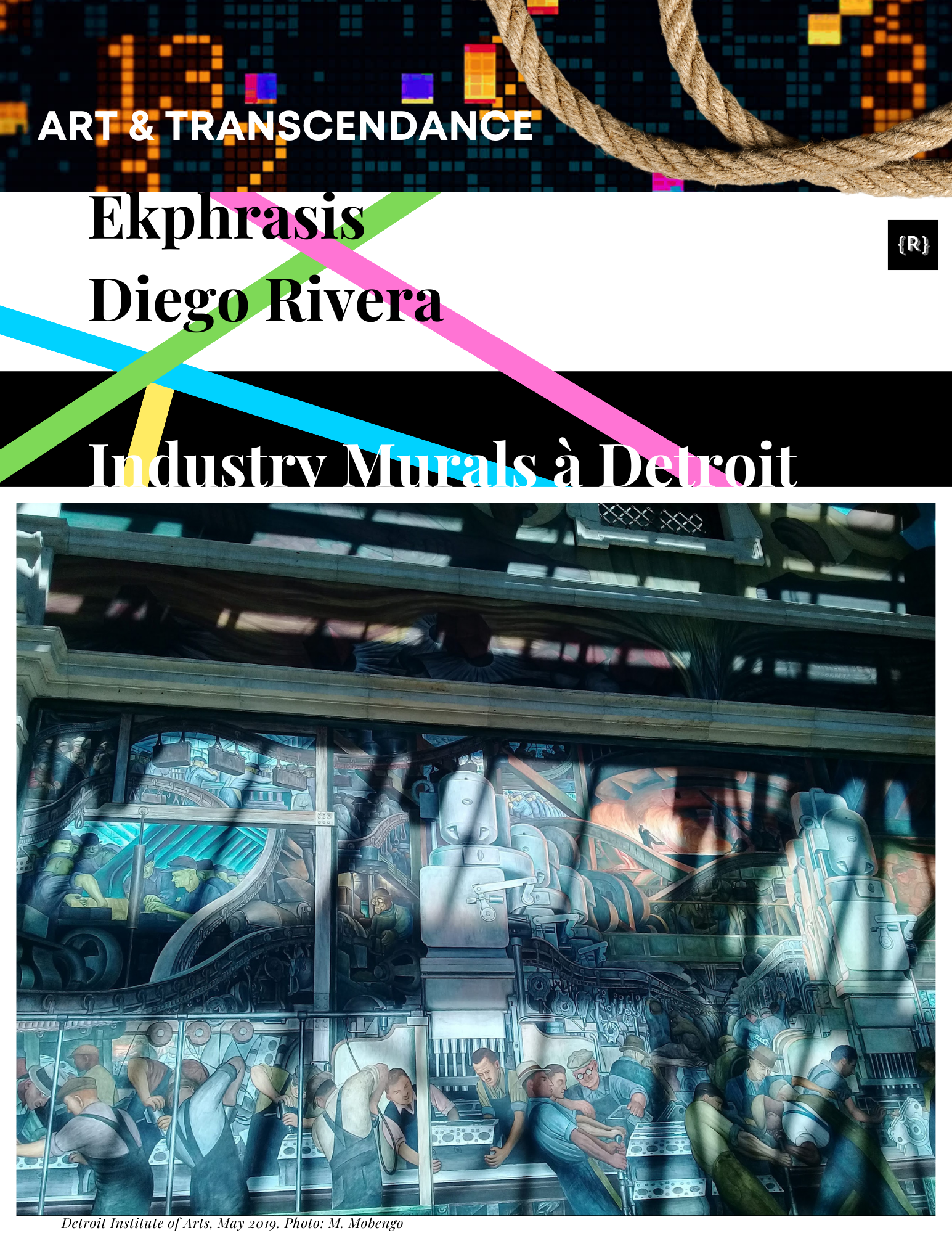
Slide title
Write your caption hereButton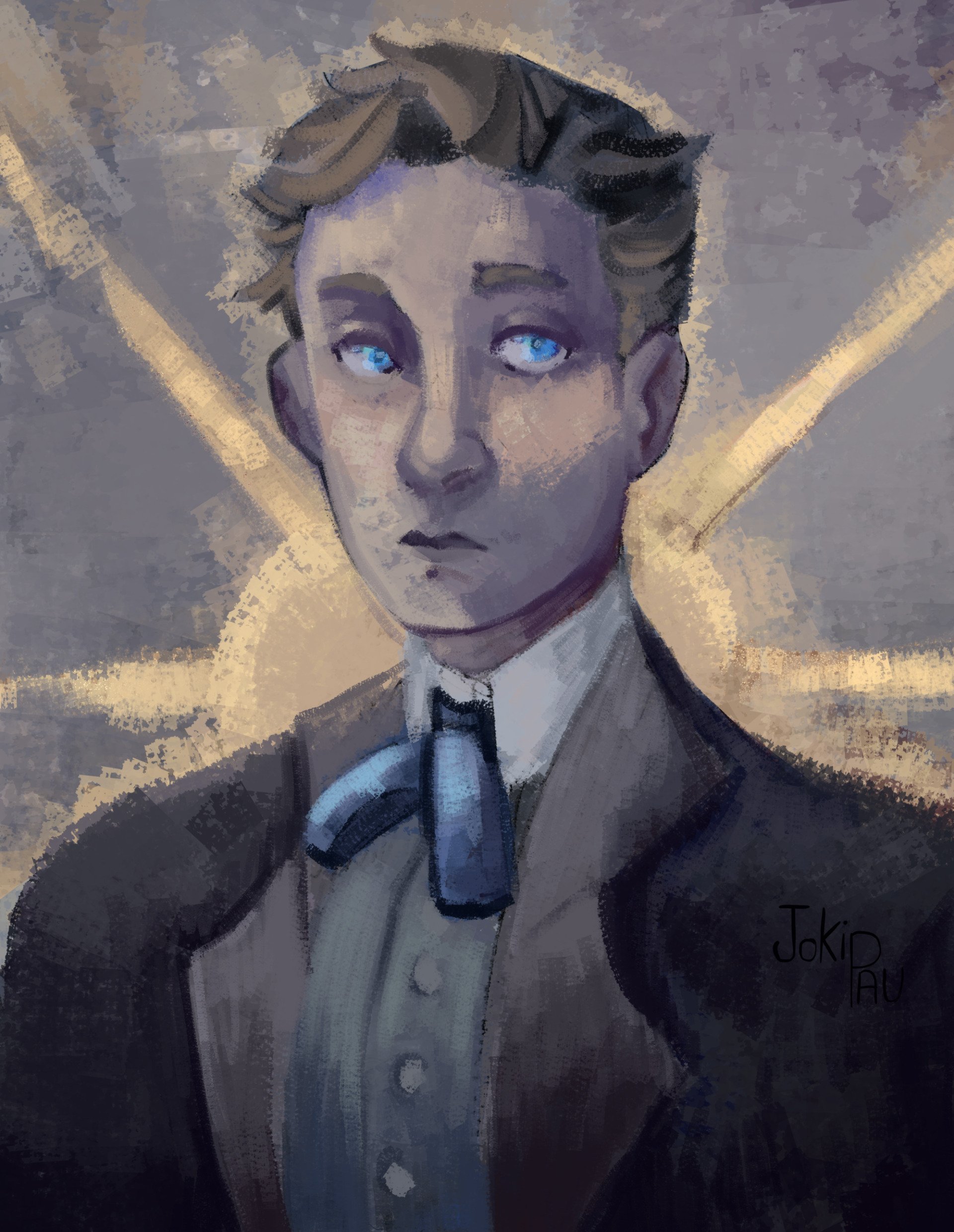
Slide title
Write your caption hereButton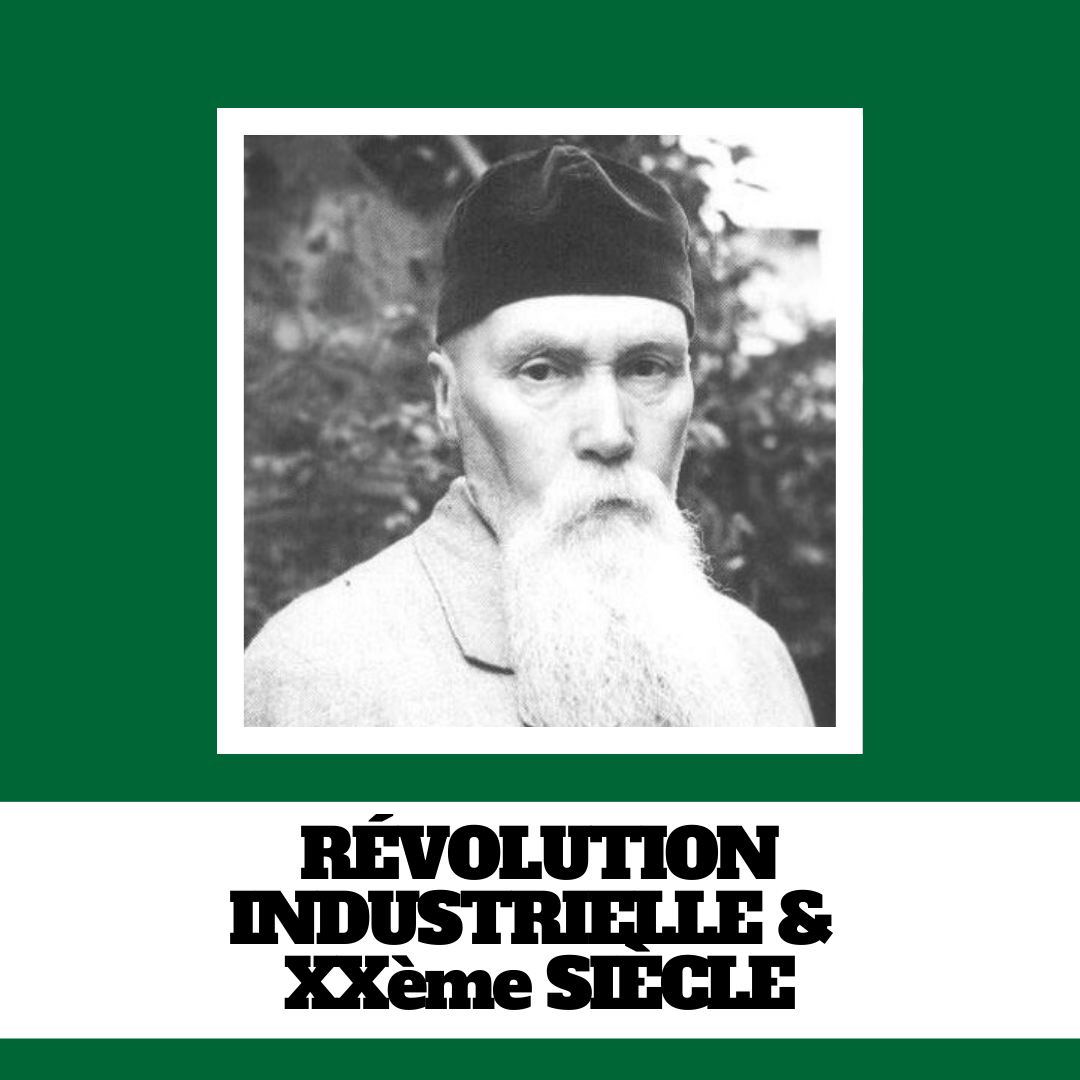
Slide title
Write your caption hereButton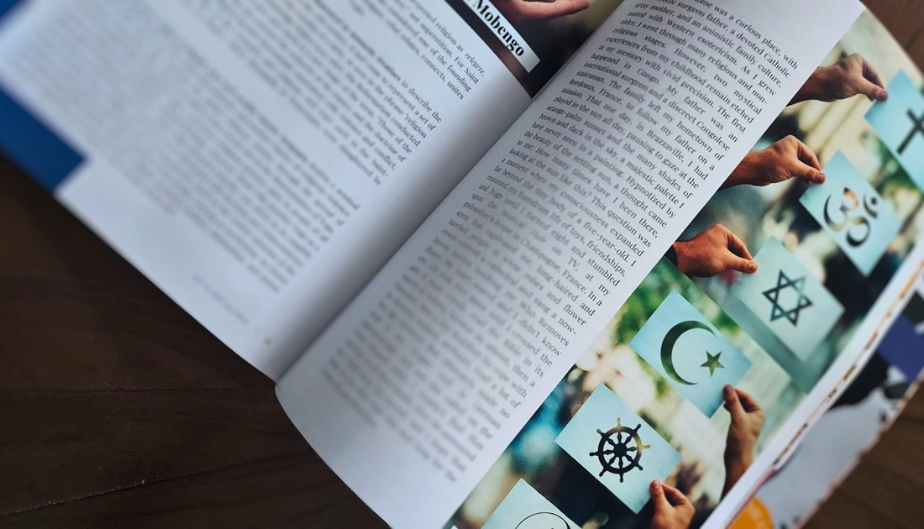
Slide title
Write your caption hereButton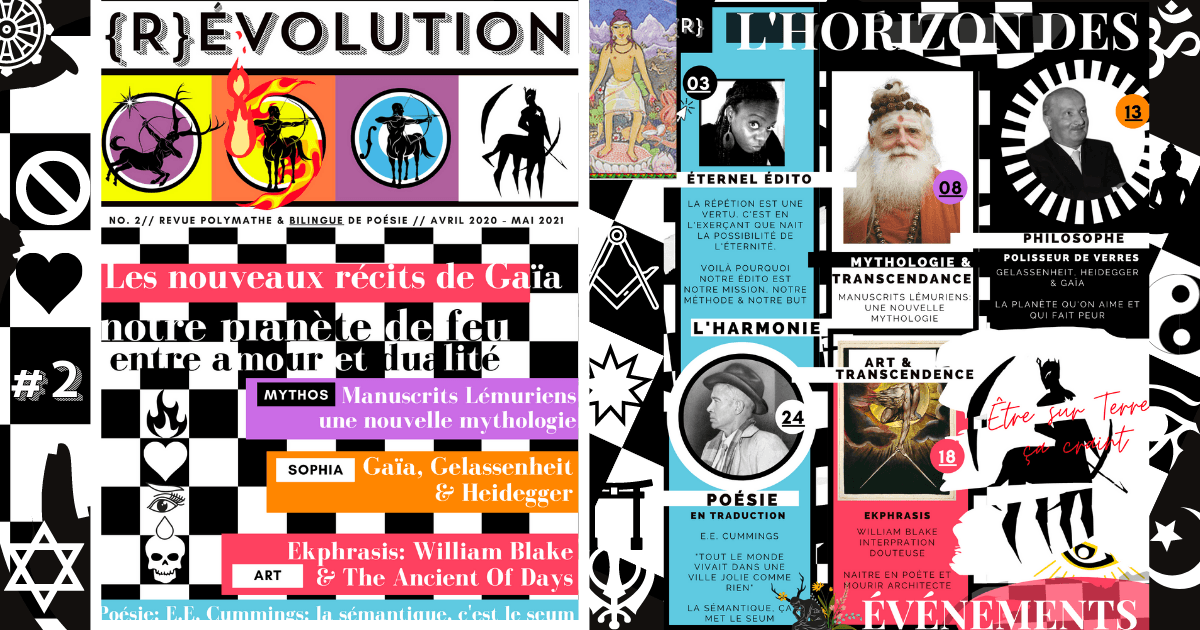
Slide title
Write your caption hereButton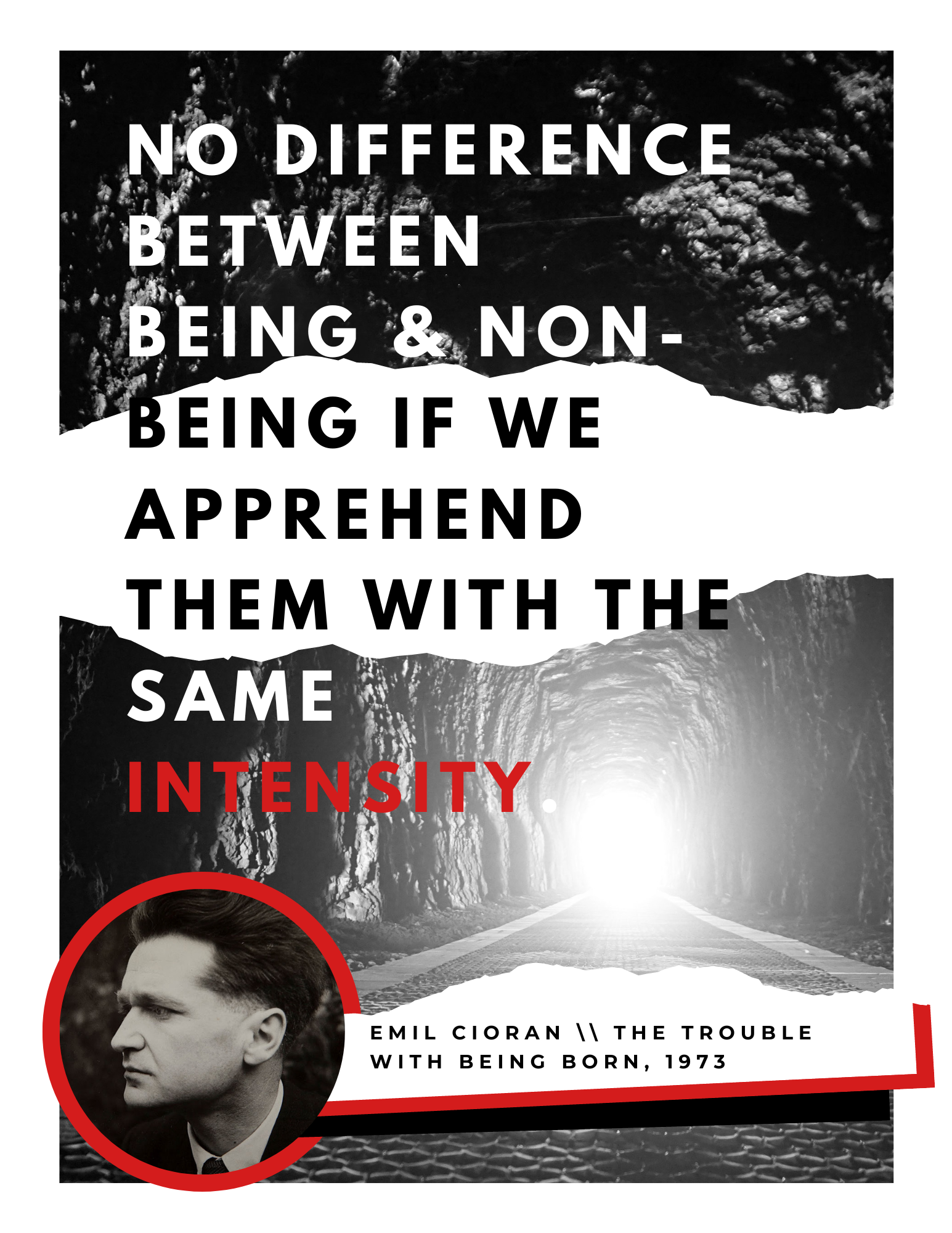
Slide title
Write your caption hereButton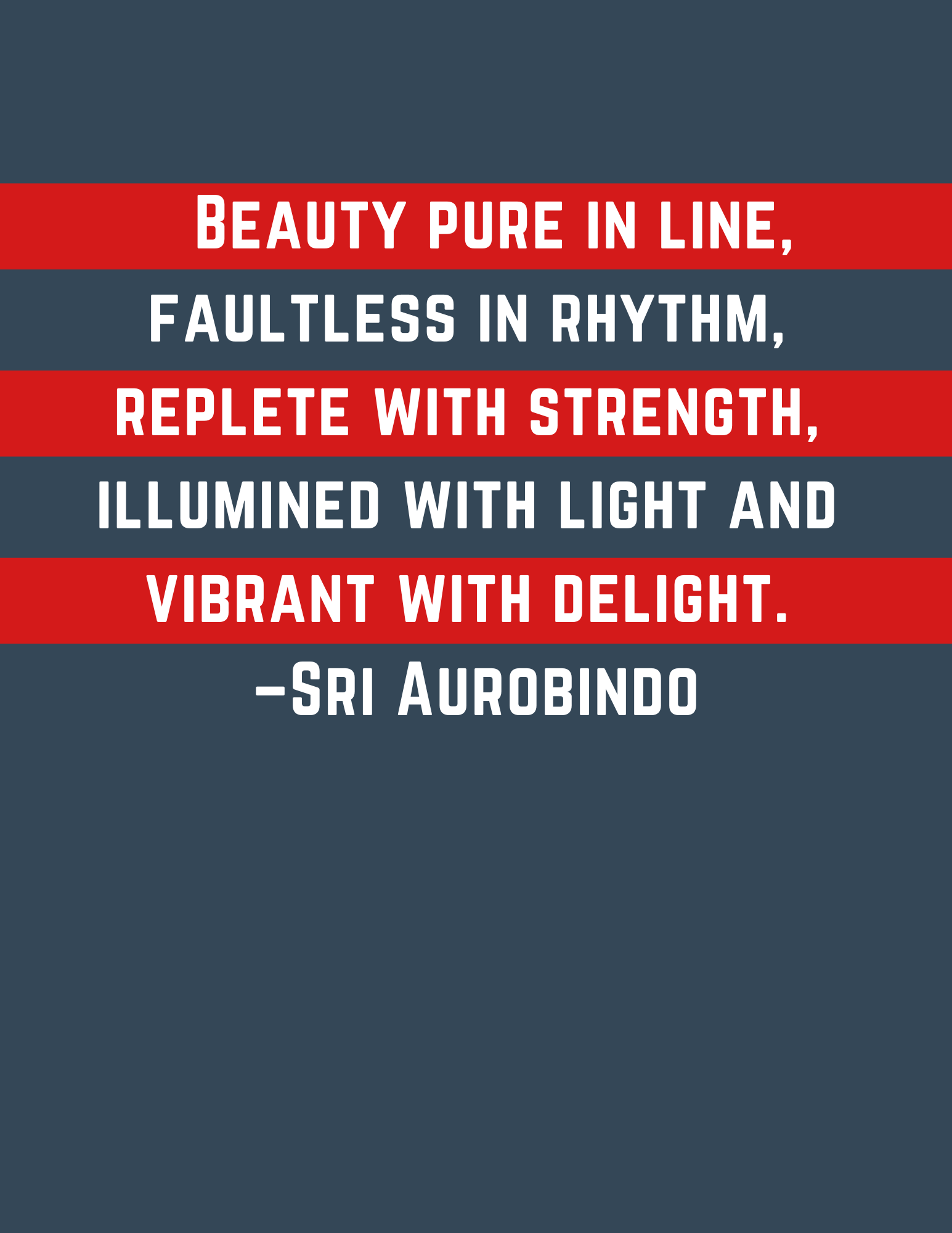
Slide title
Write your caption hereButton


